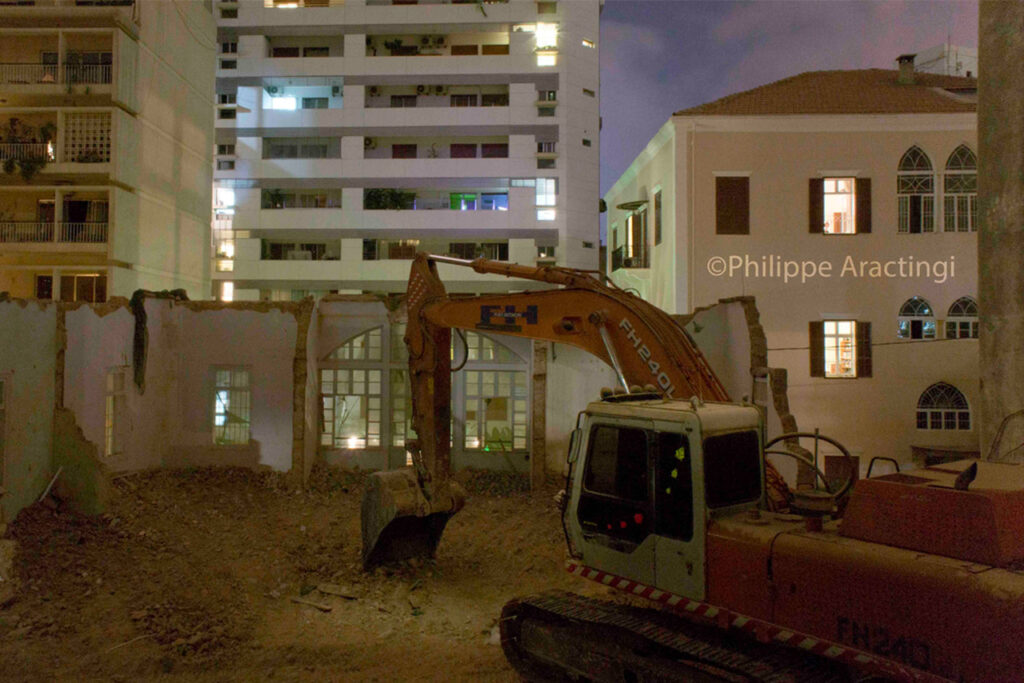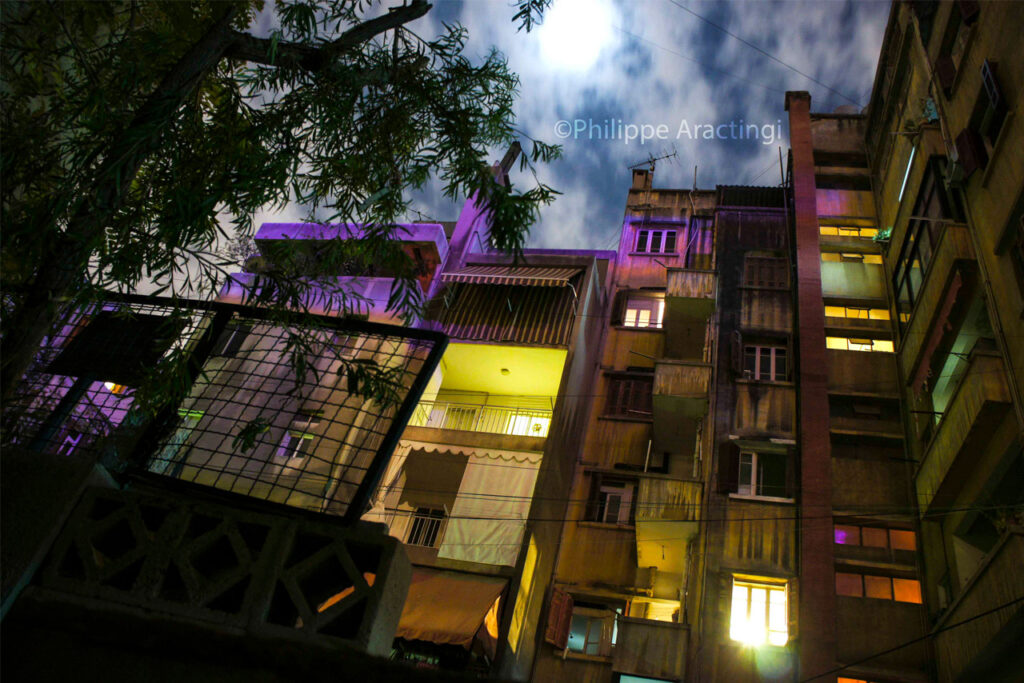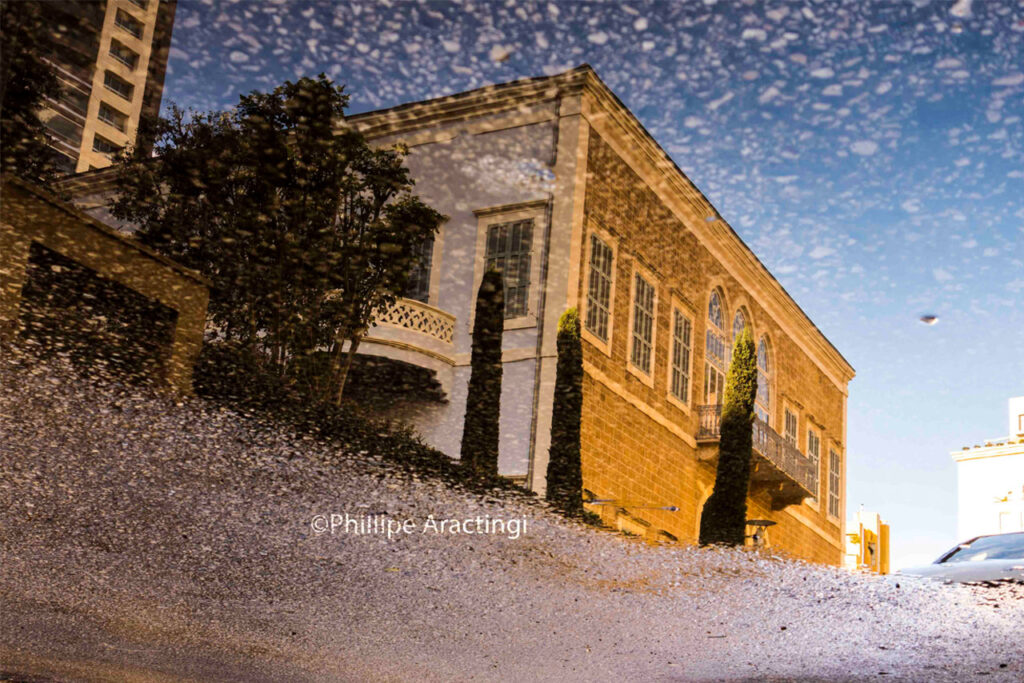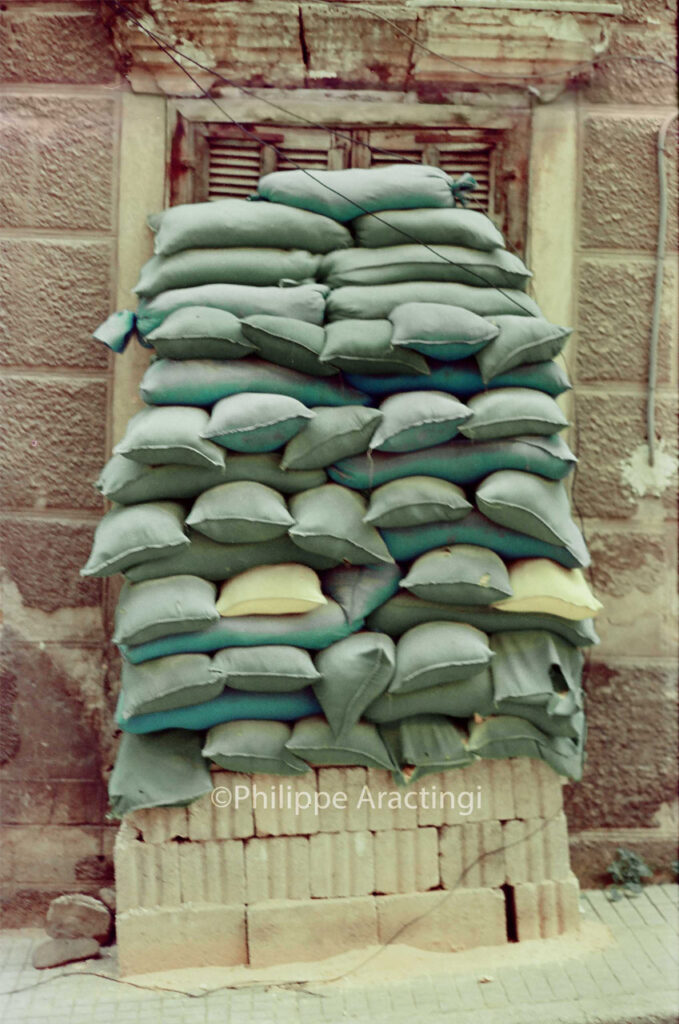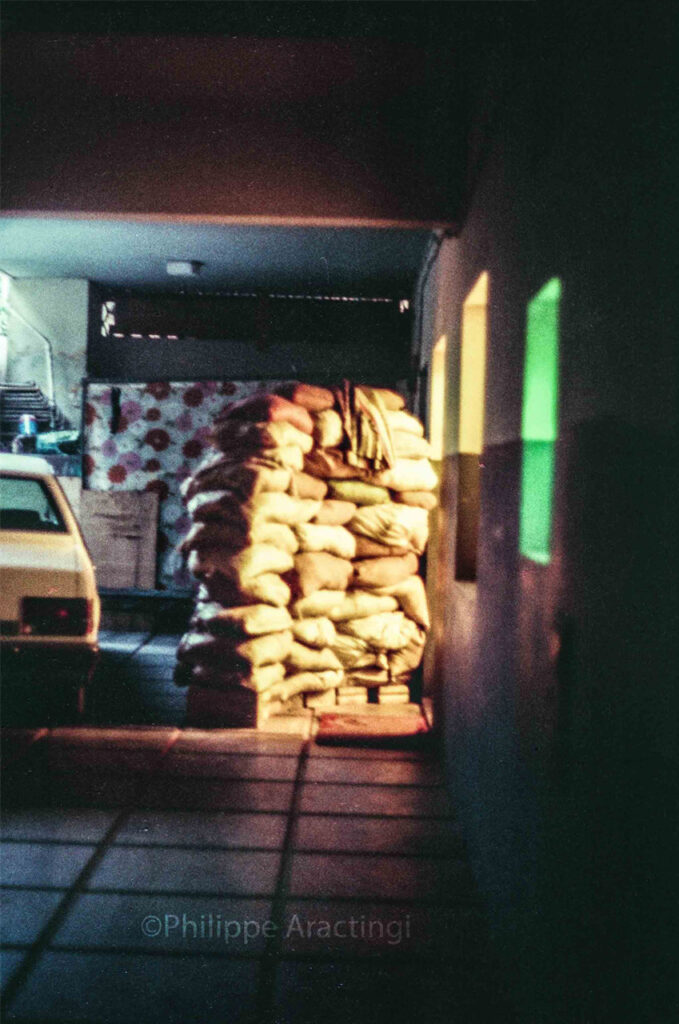DIRECTOR’S BIOGRAPHY
Born and raised in Beirut, today Franco-Lebanese Philippe Aractingi is a widely recognized film director in the EMEA region. Having grown up in the midst of a war- ridden country, Aractingi adopted an unconventional approach to directing. With no available audio-visual programs in Beirut at that time, he taught him self in and around the outdoor studio also known as Beirut city.
From very early on, Aractingi recognized his knack for the audio-visual world and released his first documentary at the early age of 20. He then moved to Paris in 1989 and wrote, directed and occasionally produced over 40 documentaries and short films in the following years. He shot most of his works in various countries such as France, Morocco, South Africa, Sri Lanka, Tunisia, Egypt and Mongolia, among many more of the world’s most captivating locations.
Aractingi moved back to Beirut in 2001, and in 2005 he released the musical comedy “Bosta”. The movie is an entertaining musical that brings audiences a fresh perspective into the post-war era while portraying the resilient Lebanese spirit. Although the European Film Commissions had initially rejected his script, Aractingi produced it anyway. The movie topped all the Box Office charts and incited a record number of over 140,000 entries. At the time when the Lebanese movie industry was still establishing its influence, Bosta’s resounding success tipped the balance and led to a complete shift in public perception, thereby redirecting the focus onto the Lebanese movie industry.
In 2006, the war in Lebanon had erupted again and Aractingi felt compelled to bear witness. He immediately reacted by shooting his second feature film. “Under the Bombs” was filmed with only two actors in the midst of the turmoil, mixing both improvised and scripted scenes. The movie was released in 2008 and it created an international wave of interest. It was selected in 40 festivals including Venice, Sundance and Dubai, and it won a total of 23 awards around the world.
Later in 2014, Aractingi opted to experiment with genres and released “Heritages”. The movie covers the past 100 years in the history of the Levant region. In a fresco where photos, archives and home videos subtly interact, “Heritages” depicts the sensitive topics of exile, memory and transmission, in a humorous and emotional way. The movie is currently being taught in schools and universities as a case study.
More recently, Aractingi came up with an even newer vision. This time he is producing and directing a sensual yet funny love story: “Ismaii” or “Listen” (2017), another challenge that has been a critical success and has won over the hearts of audiences. The movie covers the beauty and difficulty of a modern-day Lebanese love story. In a world of worries, “Listen” sheds light on a form of resistance, a form of survival: love.
Throughout his career, Aractingi has been known for continuously experimenting and diversifying the nature of his works. The director’s innate curiosity and persistence has him relentlessly testing boundaries and constantly bringing something thought provoking to the big screen.
Aractingi is also a founder of “Fondation Liban Cinema” and a sitting Vice President at Screen Institute Beirut (SIB), which helps up-and-coming artists shape and execute their ideas and documentaries. Moreover, he coaches students and sits as a member of the jury at ALBA. In his spare time, he dedicates himself to art-photography.

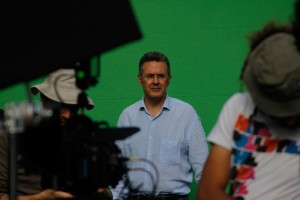
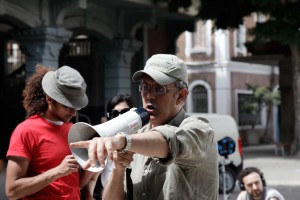
AWARDS
To this day, Philippe Aractingi has directed more than 50 documentaries and 4 feature films which garnered 38 awards worldwide among which are the following:
Listen – Ismaii (2016)
– DIFF 2016
– LMAS ( Lebanese Movie Awards) for Best Picture
– Best Cinematography
– Best Sound and Best Sound Track
Heritages (2014)
DIFF 2013, FIPA and Thessaloniki Festivals Awards:
– The Silver HAMBRA award: Granada Cines del Sur Film Festival
– The Audience Award: Arab Film Festival – San Francisco
– Best Director and Best Editing in the Lebanese Movie Guide Awards 2015
Sous les Bombes (2007/8)
23 awards among which:
– The Golden Muhr Award and the Best Film and Best Actress Award at the Festival of Dubai(2007).
– EIUC Human Rights Film Award at the Venice Film Festival (2007)
– Critics Award and NETPAC Award Festival in Antalya (2007)
– Sundance FF (2008)
– FIPRESCI International Critics Award Festival Bratislava (2008)
– Best feature film in the One World Media Award in London (2009)
Bosta (2005/6)
– Best Scenario Award at Carthage Festival in 2002
– Murex D’Or In Lebanon
– Best First Work Award at the Arab Film Festival Rotterdam – IMA Award for First Feature Film
– Audience Award at the Queens International Festival.
– Young Audience Award at Artemare Festival of Corsica.
EARLY FILMS
Le Rêve de l’Enfant Acrobate, 1995 (Morrocco, Documentary 52’)
– Grand Jury Award at the Film Festival of Beirut (1997)
Beyrouth de Pierre et de Mémoire, 1992 (Visual essay- 18’)
– Gold medal at the Games of La Francophonie – Paris (1994)
– Jury’s Merit at the African and Creole Cinema Days – Montreal (1995)
Vol Libre au Liban, 1993 (Short 18’)
– Jury Award at the International Festival of Flight – St Hilaire (1991)
Par le Regard des Mères, 1992 (Documentary 52’)
– Official Selection at Lyons Festival
PHOTOS

